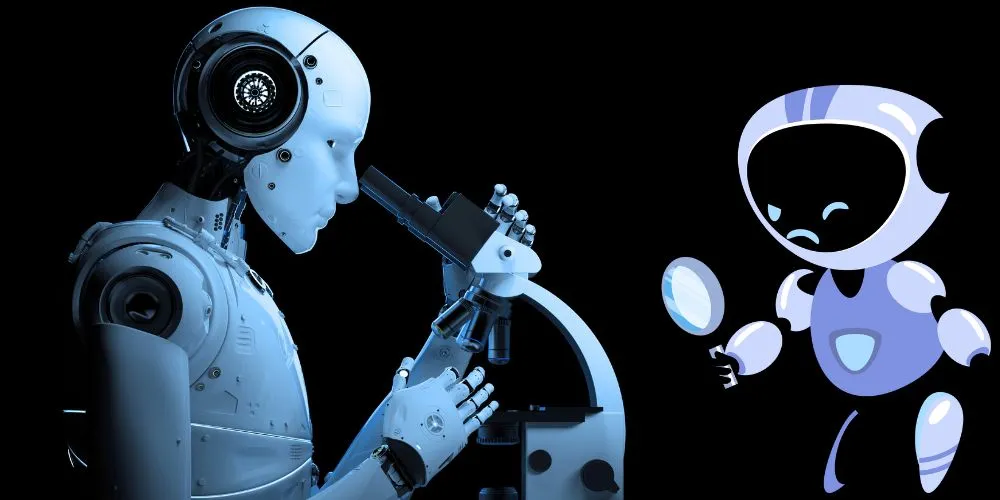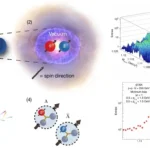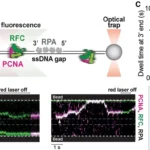Key Points:
- Researchers built an AI Scientist, an AI system capable of automating the full research process, from literature review to paper writing.
- It operates only in machine learning and lacks the ability to conduct laboratory experiments.
- This is part of a broader trend to automate scientific tasks, which has roots in the 1950s and includes systems like the Automatic Statistician.
- Developers aim to expand their capabilities with additional AI techniques, sparking discussions about the role of AI in modern science.
A team of researchers from Tokyo-based Sakana AI and academic labs in Canada and the UK has developed ‘AI Scientist,’ an AI system capable of automating the entire scientific research process. The AI Scientist reads existing literature, formulates hypotheses, tests solutions, and writes research papers. It evaluates results, taking on some roles typically reserved for peer reviewers.
It is part of broader efforts to automate parts of the scientific process, though it’s the first to tackle the full research cycle. “To my knowledge, no one has yet done the total scientific community, all in one system,” says co-creator Cong Lu, a machine-learning researcher at the University of British Columbia. However, AI currently operates solely within machine learning and lacks the ability to conduct laboratory work, which remains a crucial aspect of scientific discovery.
Built on a large language model, the AI Scientist searches the literature, applies evolutionary computation to develop new algorithms, and measures their performance through experiments. The AI then generates a paper and performs an automated peer review, allowing it to build on its results in subsequent research cycles. Despite this innovation, the papers produced have only offered incremental developments, and some researchers have criticized their quality.
AI Scientist joins a historical trend of automating scientific tasks, a concept dating back to the 1950s. Previous efforts, such as the Automatic Statistician, analyzed data and authored papers, while robot chemists have automated lab work. The challenge for AI systems like AI Scientists remains in achieving the creative leaps that define human-led scientific breakthroughs. Nevertheless, experts acknowledge that AI could significantly reduce the burden of repetitive tasks in research.
Developers are looking to expand AI Scientists’ capabilities beyond machine learning, potentially incorporating symbolic AI to handle abstract fields such as mathematics. While AI Scientists are still in their early stages, their existence prompts the scientific community to reflect on the evolving role of AI in research and what the future of science could look like.




